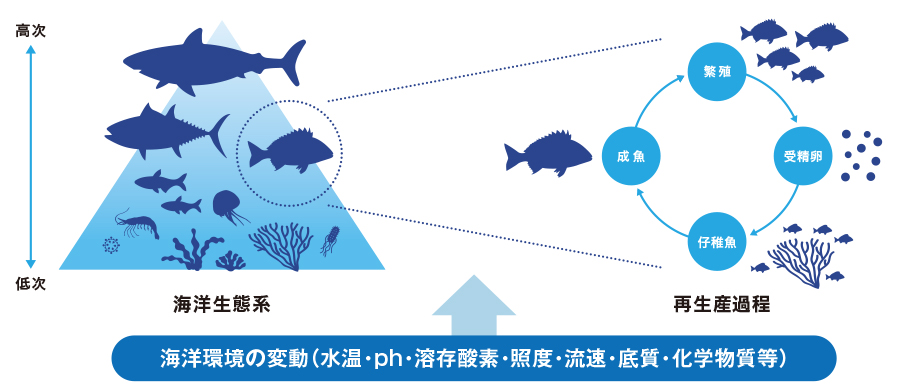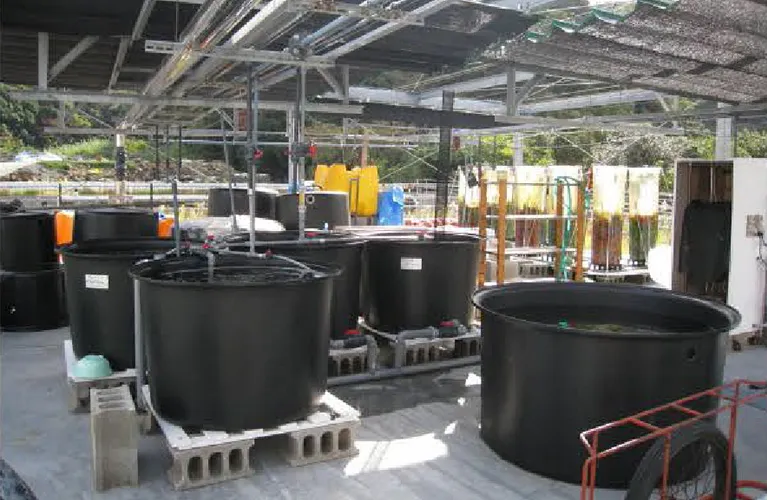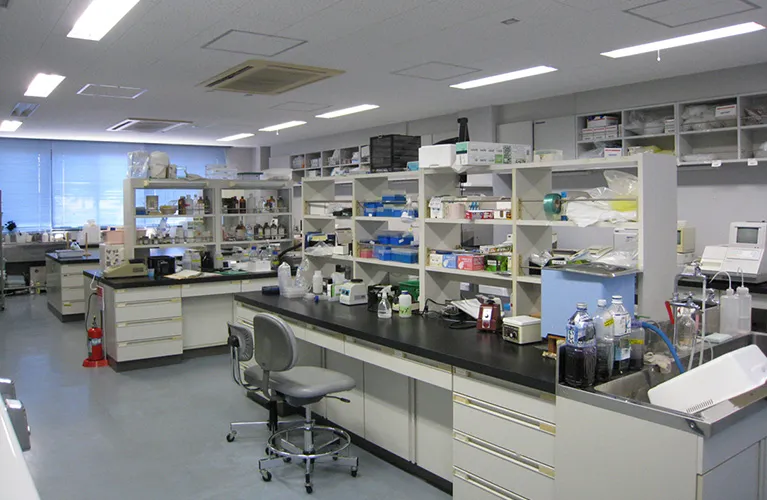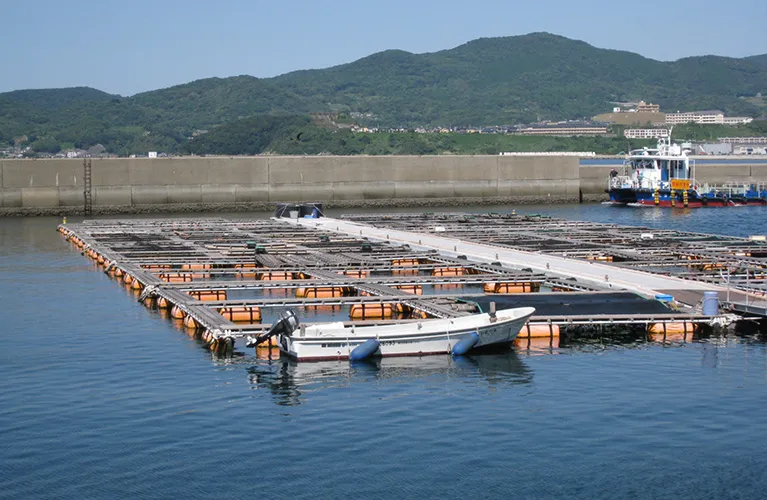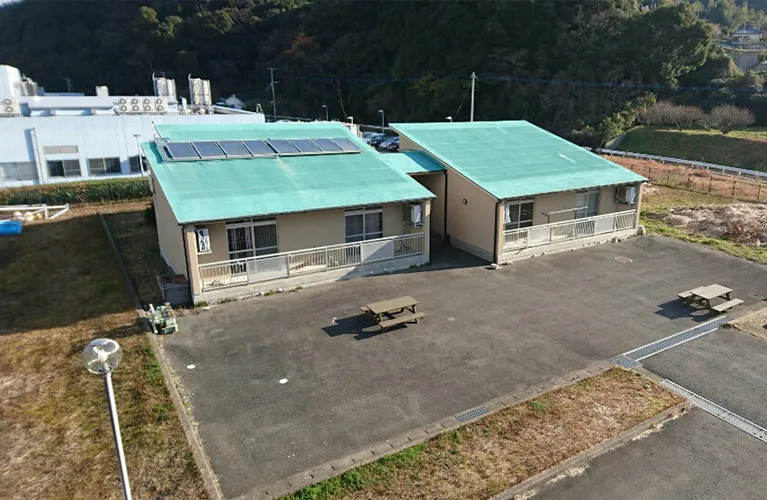resource
East China Sea Rim Environmental Resources Research Center
East China Sea Rim Environmental Resources Research Center
The "East China Sea" is one of the world's richest waters in terms of marine life resources, and one of the most important areas that support the lives of Japanese people.
However, the East China Sea, which has one of the world's most densely populated coastal areas, is an area that is extremely sensitive to human activities, and there is concern about the decline in biological resources due to changes in the marine environment.
In fact, to date, there have been reports of increased seawater temperatures, increased nutrients, and chemical pollution that can alter biota, habitats, and spawning times, and these environmental changes can have a significant impact on the next generation production and safety of marine life in this area.
Therefore, researchers in ecology, behavior, physiology, oceanography, and environmental studies are collaborating at the Research Center to understand the reality of environmental changes in the East China Sea and their effects, and to conduct research aimed at environmental restoration and conservation, as well as sustainable production and safety of biological resources.
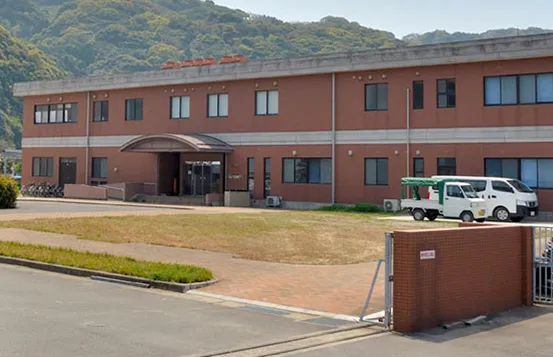
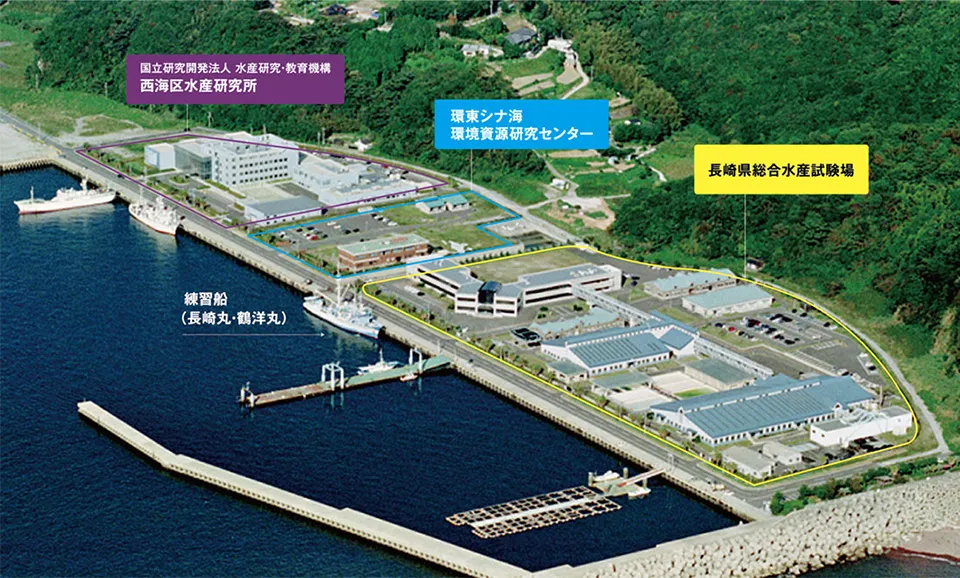
Environmental Conservation Science
Focusing on the basis of material cycles and biological production in the ocean, we are engaged in research for the conservation and restoration of the marine environment and ecosystems.
In particular, we investigate the response of organisms to changes in the marine environment from physiological ecological and behavioral perspectives.
We are also studying environmental changes associated with marine renewable energy development and their biological effects on marine organisms as well as seabirds.
Department of Bioresource Production Science
To enable sustainable production of marine living resources, we are engaged in a variety of research efforts aimed at understanding the relationship between the reproductive capacity of marine organisms and environmental change.
In particular, we are trying to elucidate the functional analysis and regeneration of seaweed beds, which play an important role in next-generation production, and the effects of environmental changes on the reproduction of marine organisms from different perspectives such as physiology, ecology, molecular biology, and environmental biotechnology.
We are also engaged in research on the development of new aquaculture technologies that utilize marine renewable energy.
